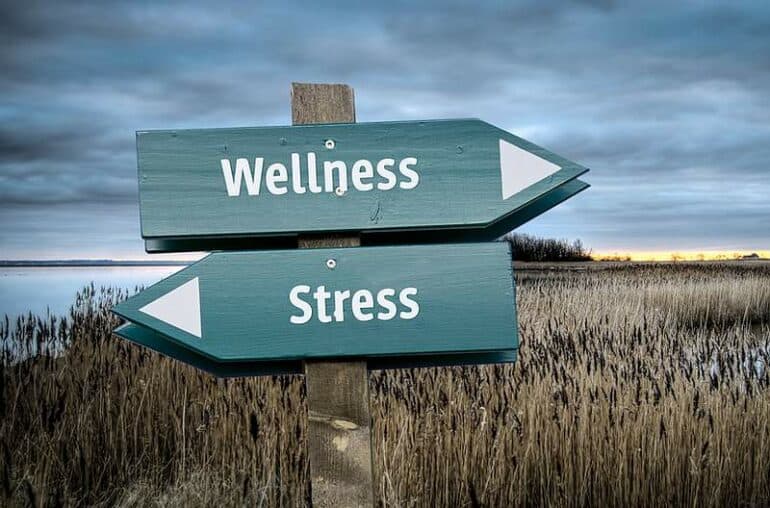What is wellness?
Before we delve into what wellness means, it’s important to define the concept. Wellness is more than just a trend or a luxury; it is a comprehensive lifestyle that takes into account physical, mental and emotional health. It encompasses various aspects such as nutrition, physical activity, relaxation, stress management and social connections.
The importance of wellness for physical health
- Prevention of disease: Through a healthy lifestyle and regular exercise, wellness can help reduce the risk of chronic diseases such as heart disease, diabetes and obesity.
- Strengthening the immune system: a balanced lifestyle and good nutrition help strengthen the immune system and make us more resistant to infections.
- Improving physical performance: wellness supports physical fitness and allows us to be more efficient in everyday life and better achieve our goals.
The importance of wellness for mental health
- Stress management: Wellness activities such as meditation and yoga help reduce stress and strengthen mental health.
- Promoting mental clarity: By taking time for ourselves and relaxing, we can clear our minds and focus better.
- Emotional wellness: Wellness promotes awareness of our emotions and teaches us to accept and process them, leading to a more positive attitude.
The importance of wellness for social well-being
- Building social connections: Wellness activities in groups or with other people allow us to make new connections and strengthen our social relationships.
- Promoting empathy: When we care about our own wellness, we are more likely to listen to and offer support to others.
- Reducing isolation: wellness activities can help reduce feelings of loneliness and include us in a supportive community.
Wellness as a balance to modern lifestyles
Our modern lifestyles are often characterized by time pressure, technology, and a constant barrage of information. Wellness provides a much-needed balance to this hectic lifestyle. It reminds us of the importance of regularly pausing and taking care of ourselves.
Practical applications of wellness in everyday life
- Exercise and sport: regular physical activity such as walking, jogging or fitness classes contribute to our well-being.
- Healthy diet: a balanced diet of fresh foods provides our bodies with essential nutrients and promotes our health.
- Relaxation techniques: Learning relaxation techniques such as meditation, breathing exercises or massages can help us reduce stress.
- Digital Detox: Consciously taking time away from digital devices allows us to calm our minds and reduce stress.
- Social activities: Participating in social activities and meeting with friends and family strengthens our social connections.
Conclusion
Wellness is not a passing fad, but an essential part of a healthy and fulfilling life. It affects not only our bodies, but also our minds and our social well-being. By taking time for ourselves and paying attention to our needs, we can find better balance in our lives and achieve an improved quality of life in the long run. So, take time out for wellness on a regular basis and feel the positive impact on your life.

